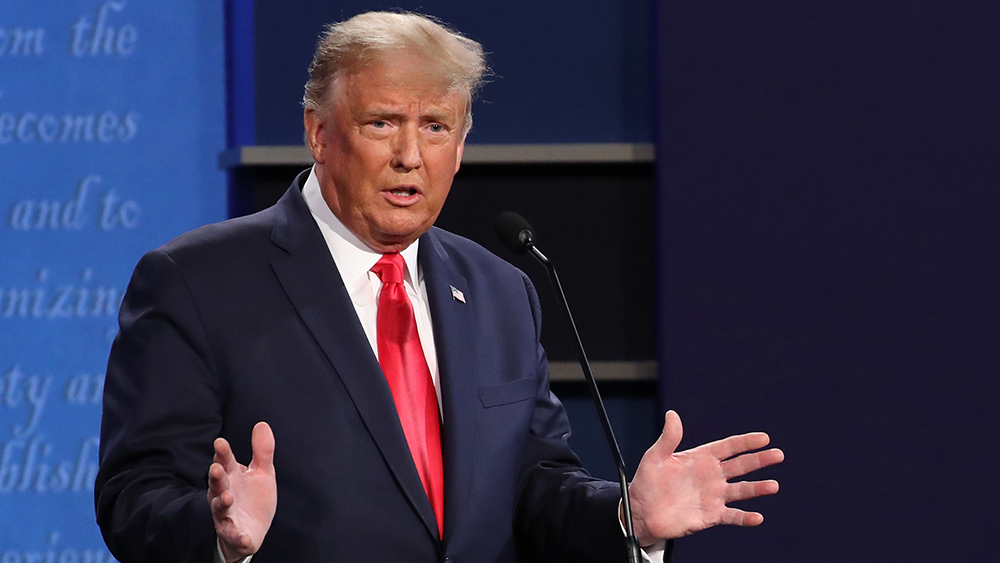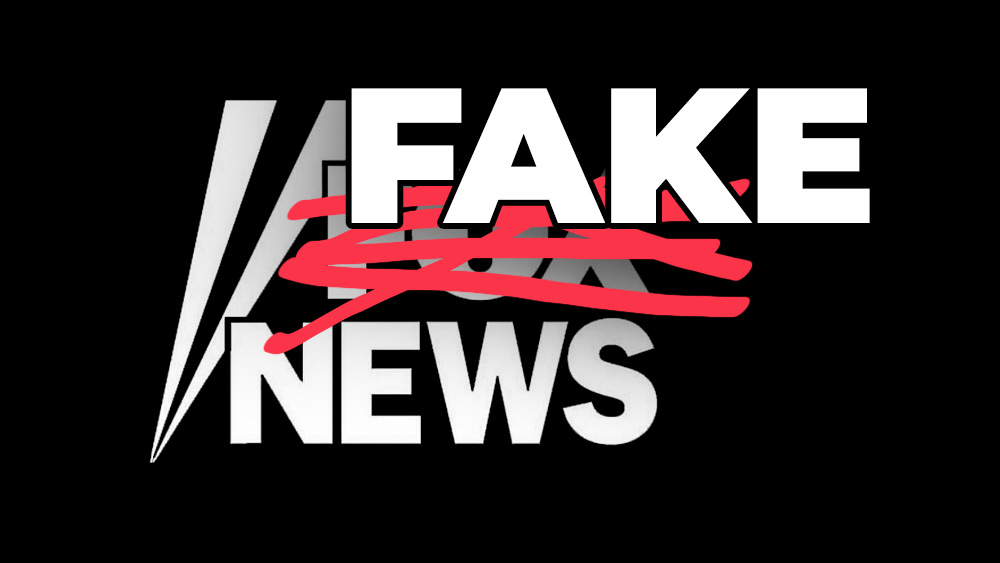Opioid manufacturer pleads guilty to federal charges following bankruptcy
11/12/2020 / By Ramon Tomey

Drugmaker Purdue Pharma pleaded guilty in last month to three federal charges following its bankruptcy filing almost a year before. The manufacturer of OxyContin agreed to plead guilty to federal criminal charges – including violation of a federal anti-kickback law, violation of the Food, Drug and Cosmetic Act, and conspiracy to defraud the U.S. government.
The company is supposed to pay fines, forfeiture of past profits and civil liability payments amounting to $8.3 billion; however, it does not have enough cash to cover the said amount. Purdue Pharma will instead be dissolved, with its assets used to erect a public benefit company.
A trust that will “balance [its] interests against those of the American public and public health” will control the new company. Future earnings from this new venture will be used to pay off Purdue Pharma’s $8.3 billion penalty, which will then be subsequently used to fight the opioid crisis.
Humans Are Free reported that opioid addiction and death cost the U.S. an estimated $504 billion in 2015. This figure takes into account projected lost earnings and the value of statistical life for people who died prematurely, in addition to health care costs, criminal justice costs and lost productivity due to addiction or incarceration. However, the same article criticized the “circular and rather illogical” move to put government “in the business of making and selling opiods,” only to use the profits from these to combat opioid addiction.
U.S. Deputy Attorney General Jeffrey A. Rosen defended the public benefit company’s plan to continue selling oxycodone – OxyContin’s generic name – as there are legitimate uses for opioid painkillers. In remarks delivered Oct. 21, Rosen said the resolution with Purdue Pharma builds on recent successes by the Department of Justice in tackling the opioid crisis. He added that the department is committed to prosecuting medical professionals who condone abuse of prescription painkillers in the same manner as illegal drug traffickers. (Related: Corrupt DOJ prevented the federal government from prosecuting opioid pharma executives.)
Purdue Pharma’s owners put blame on company managers
Meanwhile, the Sackler family that owned Purdue Pharma reached a separate agreement involving their payment of a $225 million civil liability fine for causing false claims about OxyContin to be made to Medicare and other government health care programs. Despite this payment by the Sacklers, Rosen noted that it does not prohibit future criminal or civil penalties against Purdue Pharma executives or employees.
To facilitate the dissolution of Purdue Pharma, the Sacklers must relinquish “all ownership and control of the company and its successors” before its assets are transferred to the new public benefit company. Furthermore, the family will not have any say in the public benefit company’s creation or control.
However, instead of taking responsibility for the opioid crisis caused by Purdue Pharma, the Sackler family pointed their fingers toward company managers and said they “relied on management assertions the company acted lawfully.” The family’s statement contradicts the fact that several family members sat on the company board and were aware of the company’s marketing strategy.
It is unclear if the Justice Department‘s resolution is only limited to Purdue Pharma or if Rhodes Pharmaceuticals – another opioid company under the Sacklers – is included. The Sacklers have also profited from opioids made by a third pharmaceutical firm, Cambridge-based Napp Pharmaceuticals. Rhodes’ market share of opioid sales from 2009 to 2016 actually went beyond that of Purdue’s.
Aside from opioids, the Sackler family also built its legacy on culture and philanthropy. A number of museums have dedicated sections to the family, but have started “shunning donations and distancing themselves from the family” when reports of their involvement in various lawsuits surfaced, a Reuters report said. (Related: Ex-opioid addict starts online campaign against billionaire family behind OxyContin; their company, Purdue Pharma, has made billions off opioids.)
Seven Sackler family members stepped down as Napp Pharmaceuticals directors in 2018 after alleged tax evasion schemes by patriarch Mortimer Sackler surfaced. The American-born British psychiatrist, who passed away in 2010, was found to have avoided paying income tax, capital gains tax and inheritance taxes in the United Kingdom. Furthermore, the family was also accused of using a Bermuda-based company to avoid paying corporate taxes for Napp.
Learn more about the evil legacy of opioid addictions and deaths left by the Sackler family at BigPharma.news.
Sources include:
Submit a correction >>
Tagged Under:
Justice Department, Mortimer Sackler, opioid crisis, opioid painkillers, oxycodone, oxycontin, pharmaceutical drugs, public trust company, Purdue Pharma, Sackler family
This article may contain statements that reflect the opinion of the author
RECENT NEWS & ARTICLES
COPYRIGHT © 2017 LIES NEWS





















